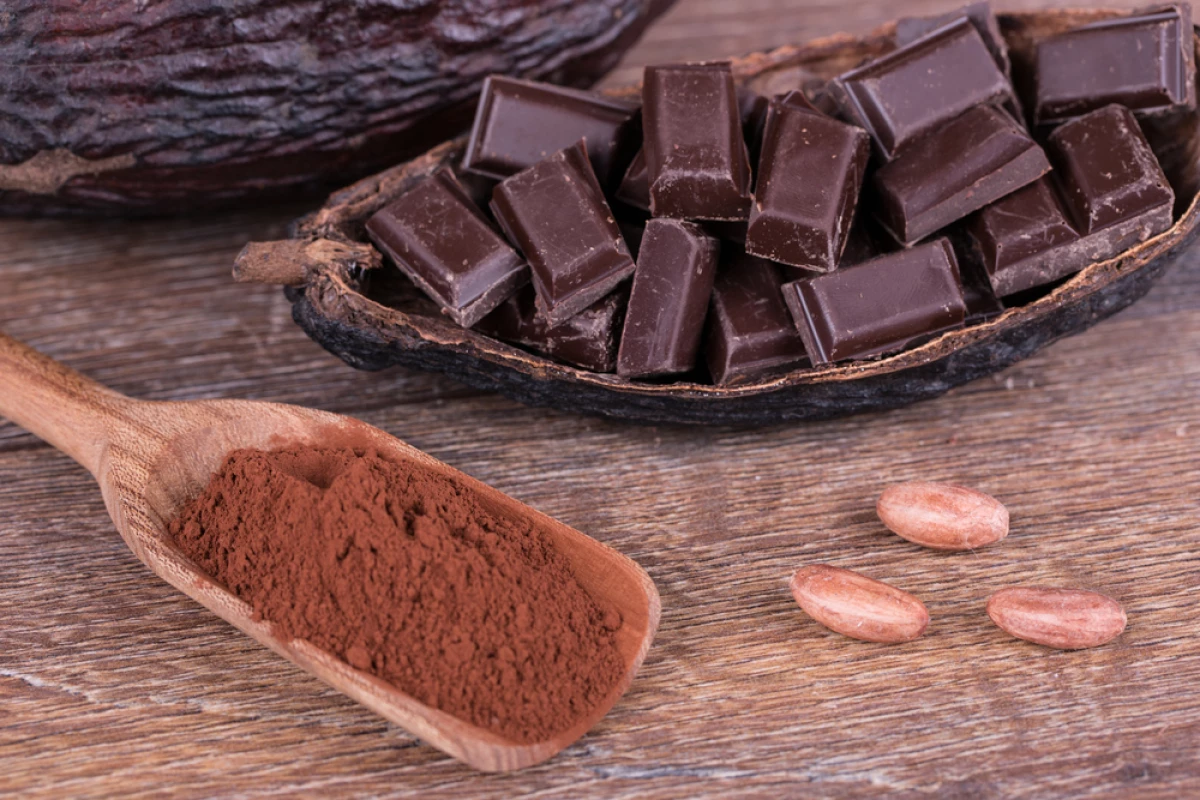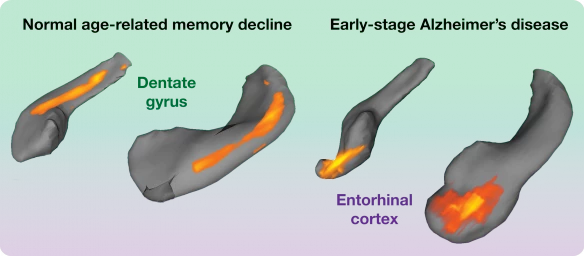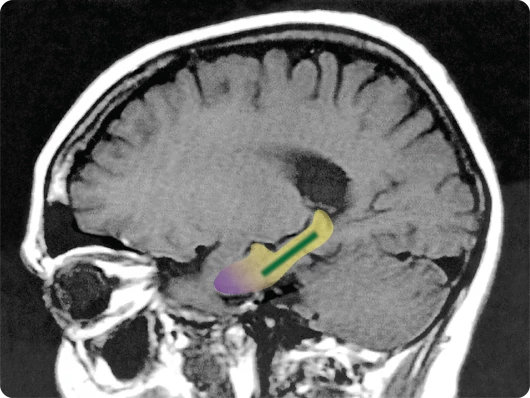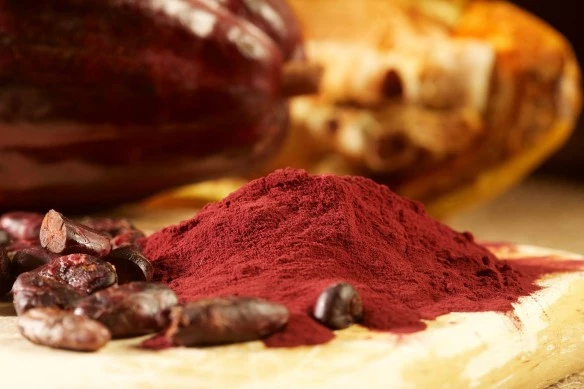Do you forget where you left your keys or parked the car, or have difficulty remembering the names of people you’ve just met? The good news is that chocolate – or more specifically, naturally occurring compounds in cocoa called flavanols – can reverse age-related memory decline in healthy older adults, according to a Columbia University Medical Center (CUMC) study.
As we get older, most of us will experience some issues with memory. These changes start in early adulthood but aren’t usually noticeable until we reach our fifties or sixties.
Flavanols are a subgroup of flavanoids, compounds that provide a range of health benefits. They are also found naturally in tea leaves, red wine and some fruits and vegetables.
In the CUMC study, participants who had a high-flavanol diet for three months performed significantly better on a 20-minute pattern recognition memory test than participants on a low-flavanol diet.
FMRI brain imaging showed that participants on the high-flavanol diet exhibited noticeable improvements in memory in the part of the brain associated with normal age related memory decline, the dentate gyrus. This is a different part of the hippocampus to that affected by early stage Alheimer's disease, the entorhinal cortex.
"If a participant had the memory of a typical 60-year-old at the beginning of the study, after three months that person on average had the memory of a typical 30- or 40-year-old," says the study’s senior author Dr Scott Small.
The study, published in Nature Neuroscience, provides the first direct evidence that this natural process of ageing, caused by changes in a specific region of the brain, can be improved by diet – and may avoid the need for pharmaceutical intervention.
Despite the positive findings, the researchers caution against increasing chocolate consumption.
While cocoa flavanols are abundant in the cacao plant and fresh cocoa beans, most methods of processing remove many of the flavanols found in the raw plant. Factors such as the amount of time the bean spends in and out of the pod after harvest, the amount of fermentation (a key step to develop "chocolate" flavor), and the type of drying used can all affect the level of flavanols, so even raw cacao products may not be particularly high in flavanols.
The test drink used in the study was specifically prepared by the food company Mars, Incorporated, using a proprietary process to extract flavanols from cocoa beans. Mars, Incorporated, partly supported the research.
The same formula used in the CUMC study has also improved cardiovascular health. A UK study in 2011 also found that chocolate consumption is associated with a reduction in the risk of developing cardiovascular disease, while Brigham and Women’s Hospital in Boston recently announced a study of 18,000 men and women to see whether flavanols can help prevent heart attacks and strokes.
The published study involved 37 volunteers. A larger study is planned to try and replicate the findings.
Dr. Scott Small discusses the study in the video below.
Source: Columbia University Medical Center







